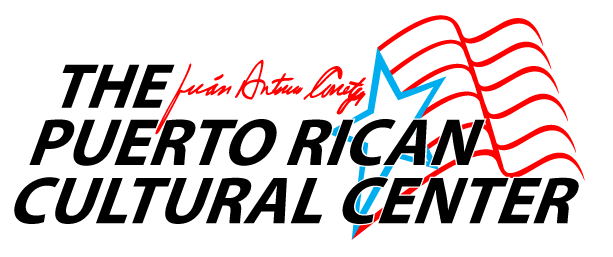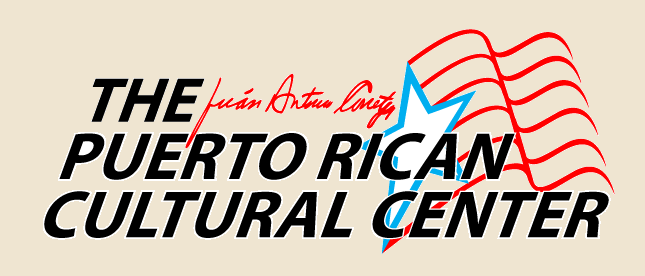
López opened this series of events by delivering a talk, titled “The 21st Century as the Latin@ Century: The Future of the Americas,” to an audience of students, faculty, and community members at Holyoke Community College. Holyoke is the community with the highest concentration of Puerto Ricans in the U.S. (44.7%). López emphasized the importance of locating challenges Puerto Ricans face in this context, such as political marginalization and educational underachievement, in relation to the ongoing colonial realities that shape Puerto Ricans’ experiences on the island and the mainland. He also pointed to the resilience that Puerto Ricans/Latin@s and other racialized groups display as they navigate and respond to these circumstances. López concluded his talk with a powerful call for a reimagination of societal inclusion across the Americas from a Latin@ perspective.
The second presentation took place at Salsarengüe restaurant in Holyoke. This event focused on the campaign to free political prisoner Oscar López Rivera, José’s brother. Lopez’s talk situated Oscar’s incarceration within his broader political work as a leader and organizer in Chicago’s Puerto Rican community. He framed the effort to free Oscar as part of ongoing struggles for rights across the Puerto Rican diaspora. Lopez was warmly received as this event by dozens of Holyoke community members, many of whom have participated in the campaign to free Oscar.
Lopez’s final presentation as part of this Latin@ Studies initiative took place at the University of Massachusetts Amherst’s Center for Latin American, Caribbean, and Latin@ Studies. Speaking to faculty and graduate students, Lopez outlined key strategies for strengthening university-community relations, focusing specifically on the Community as a Campus initiative that he has worked to develop with K-12 schools, institutions of higher education, and community members throughout Chicago. López stressed the importance of establishing trust with community members and building relationships across institutions. He persuasively argued that this comprehensive initiative, which incorporates new approaches to pedagogy, teacher training, and parent education, can play a key role in enacting a more inclusive vision of education at all levels in the 21st century.





